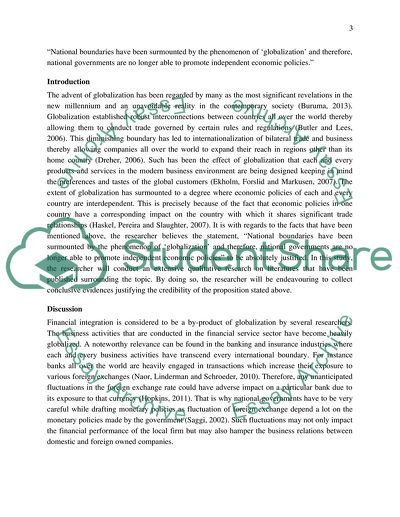Cite this document
(Business Environment - Globalization and Its Impacts on the World Econ Essay, n.d.)
Business Environment - Globalization and Its Impacts on the World Econ Essay. Retrieved from https://studentshare.org/macro-microeconomics/1673088-business-environment
Business Environment - Globalization and Its Impacts on the World Econ Essay. Retrieved from https://studentshare.org/macro-microeconomics/1673088-business-environment
(Business Environment - Globalization and Its Impacts on the World Econ Essay)
Business Environment - Globalization and Its Impacts on the World Econ Essay. https://studentshare.org/macro-microeconomics/1673088-business-environment.
Business Environment - Globalization and Its Impacts on the World Econ Essay. https://studentshare.org/macro-microeconomics/1673088-business-environment.
“Business Environment - Globalization and Its Impacts on the World Econ Essay”, n.d. https://studentshare.org/macro-microeconomics/1673088-business-environment.


